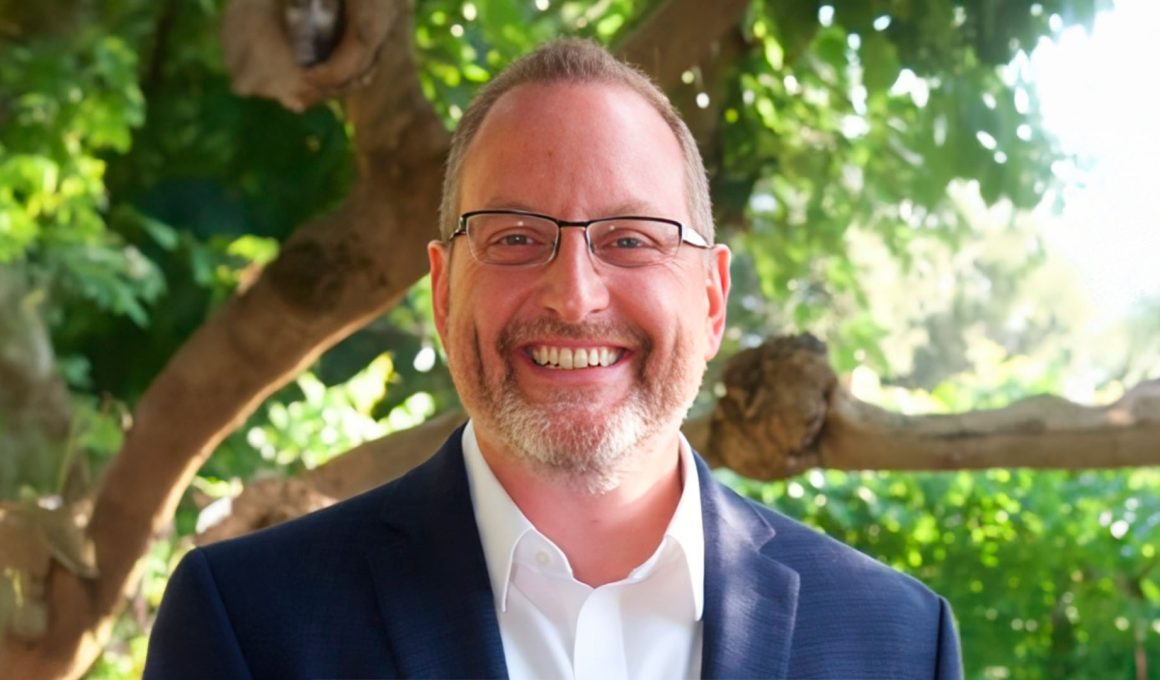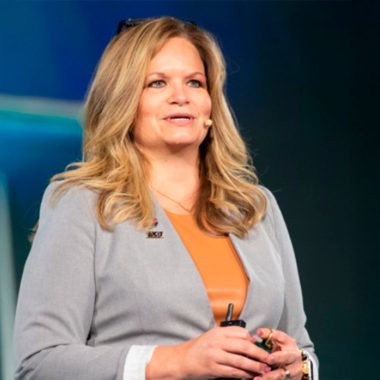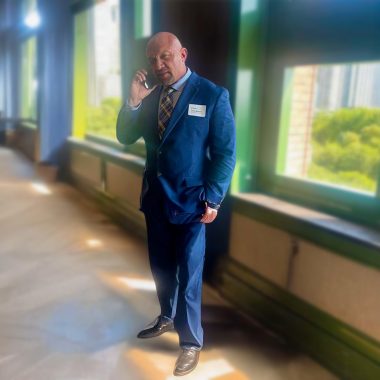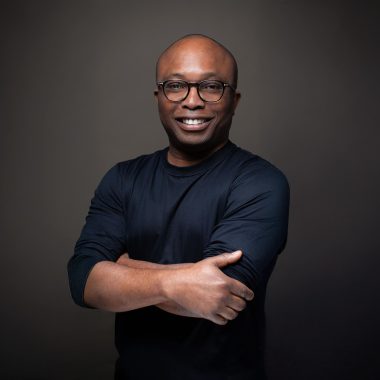Client loyalty remains one of the most valuable assets for professional service firms, yet many still struggle to maintain meaningful relationships despite recognizing their importance. For Dan Martella, Director of Business Development at a top 60 CPA firm based out of Atlanta with offices in Dallas, and Denver, the key lies in proactive engagement that reflects a genuine commitment to clients’ business goals. With 25 years of cross-functional experience, Dan has developed proven strategies to build lasting loyalty: approaches that apply across industries and consistently deliver results.
Reaching Out Before Clients Ask
The foundation of client loyalty often comes from being present before clients realize they need you. Dan explains that proactive communication creates meaningful connections with clients without becoming intrusive. “You want to be there when the client needs you. But sometimes a client doesn’t know they need you,” Dan points out. “reach out proactively and do more than just a quick check-in, bring information that would be beneficial to that client. Those communications are meaningful to the client. It shows the client you are paying attention to their business.”
This approach helps clients feel seen and understood, reinforcing that their business and industry matter. Many professional service firms fall short in this area, relying on reactive communication rather than initiating meaningful, proactive touchpoints. The relationship must come first, with service delivery supporting, but not replacing the ongoing effort to build trust and demonstrate value.
Creating Personalized Engagement at Scale
Moving beyond one-on-one relationships to scaling personalized engagement presents challenges that many firms struggle to overcome. Dan believes the answer lies in organizational culture and talent acquisition. “When one of your core values is centered on client relationships, and you take that core value off the wall and put it into practice, it builds upon itself,” he explains. “Our partners and staff understand the criticality associated with that relationship component.” The key is demonstrating these values internally first. “Are we being proactive with our own employees? Are we modeling that behavior so they can model it externally?” Dan asks. This approach creates consistency between how the organization treats its people and how those people treat clients.
While technology continues advancing, Dan emphasizes that human relationships remain essential. “AI will never replace relationships,” he states firmly. “It will improve on the efficiency side for sure, but no one’s going to have a relationship with an AI system.” Looking at the financial services sector specifically, Dan sees AI helping to automate data entry and rudimentary tasks, allowing professionals to focus on higher-value activities. This shift means upskilling staff is critical to long term success. However, he cautions against over-reliance on technology: “If you trust AI implicitly, you’re going to find gaps being created that you didn’t anticipate because it’s not foolproof, it’s still fallible.”
Offering Value in Every Interaction
Dan emphasizes that every client interaction should provide tangible value. “Free value first and foremost,” he advises. “If you’re going to send an email and follow up, you need to provide some level of value to make that email worth the time you’re asking the person to spend.” Generic check-in messages quickly reveal a lack of understanding about a client’s business. Instead, offering industry-specific insights demonstrates commitment to a relationship beyond just selling services. “Their time is precious,” Dan notes.
Beyond strategies and systems, Dan believes that genuine human connection remains irreplaceable. “Be genuine and be authentic,” he advises. “With the advancement of technology, I think we can get lazy and use tools to create connection, but people are missing the human connection piece.” This authenticity extends to being honest when you’re not the right fit for a client’s needs. “Don’t just leave them out there on their own to figure it out. Try to provide some assistance as you’re exiting them from the relationship,” Dan suggests. “People want to do business with those they know and trust. You can’t trust somebody you don’t really know because they’re too scripted.”
Connect with Dan Martella on LinkedIn to explore more of his client engagement insights.








